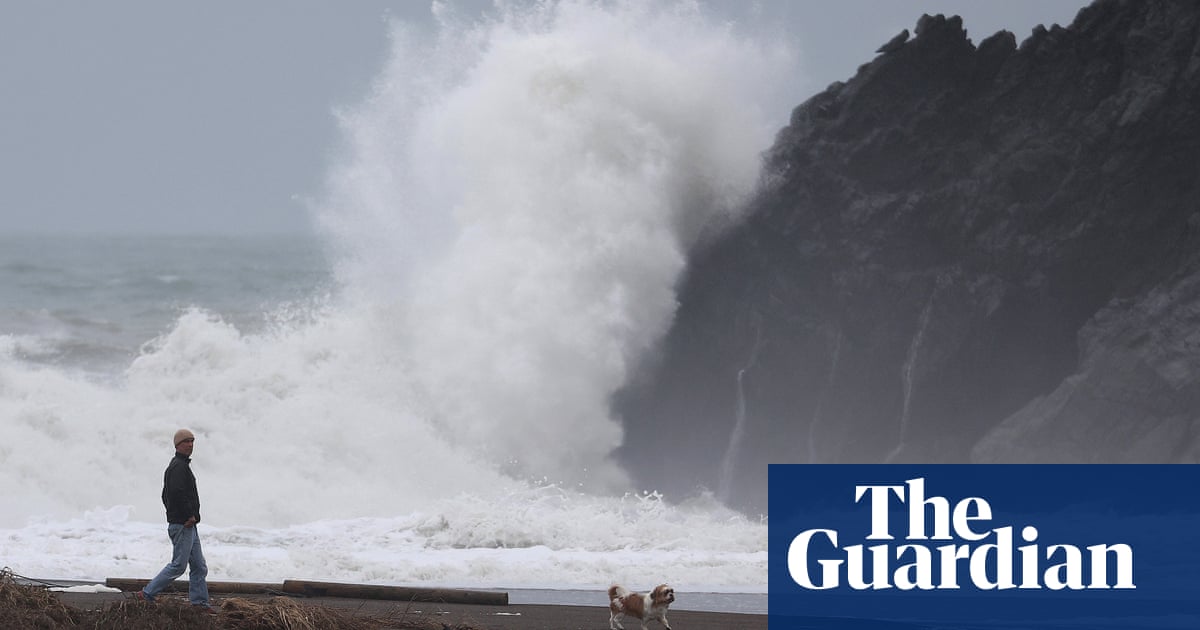- cross-posted to:
- worldnews@lemmit.online
- cross-posted to:
- worldnews@lemmit.online
Research into release of ‘forever chemicals’ raises concerns about contamination and human exposure along world’s coastlines
Ocean waves crashing on the world’s shores emit more PFAS into the air than the world’s industrial polluters, new research has found, raising concerns about environmental contamination and human exposure along coastlines.
The study measured levels of PFAS released from the bubbles that burst when waves crash, spraying aerosols into the air. It found sea spray levels were hundreds of thousands times higher than levels in the water.
The contaminated spray likely affects groundwater, surface water, vegetation, and agricultural products near coastlines that are far from industrial sources of PFAS, said Ian Cousins, a Stockholm University researcher and the study’s lead author.
“There is evidence that the ocean can be an important source [of PFAS air emissions],” Cousins said. “It is definitely impacting the coastline.”



Extremely misleading title. Sea water alone cannot emmit PFAS. The ocean is already contaminated with PFAS, put their by corporations, and the spray from crashing waves helps spread the contamination .
Not just the title. The slant is evident in the opening paragraph too.
Compare to the study title and opening sentences.
That was my first thought. The fucking spray is not creating the chemicals. We created them and they ended up in the ocean.
It’s weird because it seems like the author primarily reports on PFAS so you would think he’d know better.
I didn’t think it was misleading, but when I read it I automatically thought the article was talking about the extent of pollution in the ocean, not what everyone else seems to be interpreting it as…
Oh…
puts down gun
So the War on Ocean isn’t on?
I must be the only one in the thread who knew that by reading the title.